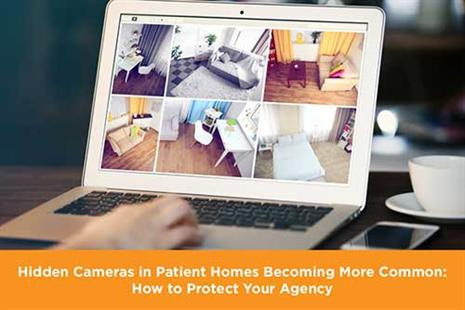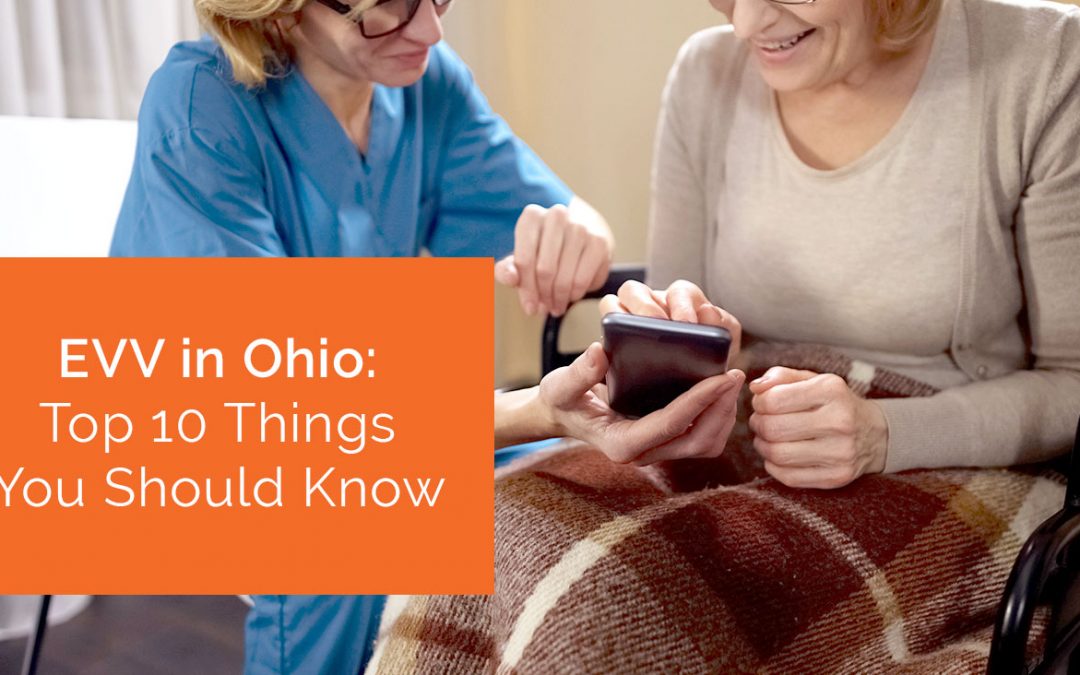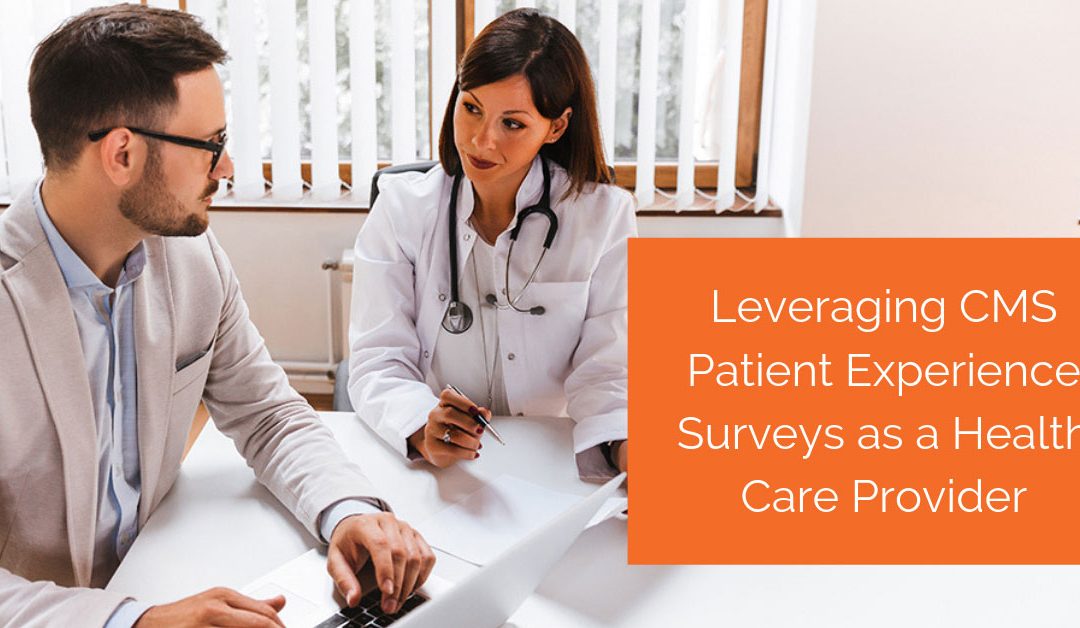The images are startling, and disturbing: Elderly and disabled adults being abused by the very people who are supposed to be taking care of them.
Every year, more than 2 million elderly people are abused in the United States alone. While the vast majority of abuse cases are related to neglect, and perpetrated by family members, a disturbingly high number of cases of abuse involve health care workers who are providing services in a nursing home or in the victim’s home.
Elder abuse is particularly difficult to deal with because many older adults are unwilling or unable to tell anyone about the problem. In cases where health care workers are the abusers, it’s usually only when a loved one notices signs of abuse (such as bruising or changes in behavior) that the problem is even investigated, and even then, it’s usually very difficult to prove the abuse is taking place. And beyond the obvious physical and mental effects of abuse, elder abuse is also directly linked to increased hospital admissions, increased disability claims, and higher mortality rates.
Because elder abuse is so devastating to patients and families, a number of states are looking to pass new initiatives to help curb the problem. While most of the efforts have focused on nursing homes and other long-term care facilities, New Jersey is turning its attention to home health care. In late December, state lawmakers in the Garden State launched the “Safe Care Cam” program that will provide free spy cams to families who suspect that their loved ones are being harmed by home health workers.
Safe Care Cam
Since 2006, the number of Certified Homemaker-Home Health Aides in New Jersey has almost doubled — and so has the number of CHHAs who have been disciplined for misconduct. In 2016, more than 300 aides had their licenses revoked or suspended, or were disciplined by the state, for crimes including abuse, theft, assault, and stolen identity.
To help reduce the number of crimes committed against those receiving home health services, and to provide families peace of mind, lawmakers developed the “Safe Care Cam” program. Under the terms of the program, families who suspect a problem with their home health provider can borrow a free spy cam for up to 30 days, which they can use to monitor the aides coming into the homes. New Jersey Attorney General Christopher S. Porrino notes that not only will the cameras provide peace of mind, but their presence — or potential presence — should also serve as a deterrent to any caregiver who may be considering or likely to commit some type of crime.
The New Jersey program is the first of its kind, but it’s not the first time that the idea of using spy cameras in care environments has been discussed. While no state has passed any law banning the use of spy cameras in nursing homes or long-term care facilities, a number of states, including Pennsylvania, are considering legislation to govern their use. Concerns about privacy and consent are at the forefront of most discussions related to using cameras in care environment, but thus far the discussions have focused on care facilities, not private homes.
Under current U.S. law, it is perfectly legal to make a video recording of anyone in your home, even without their knowledge. These recordings can be used as evidence in court. However, in 13 states (California, Connecticut, Delaware, Florida, Hawaii, Illinois, Louisiana, Maryland, Massachusetts, Montana, Nevada, New Hampshire, Oregon, Pennsylvania, and Washington) it is illegal to record someone’s voice without their permission. Videos that contain sound and were taken without permission may be admissible as evidence if the sound can be muted and the crime is still obvious; for example, if a caregiver hits a patient.
Implications for Home Health
So what does all of this mean for your home health agency? Obviously, no agency wants to employ anyone who would commit crimes against clients or patients, but the fact is, it does happen. And since an agency can be held liable in cases of elder abuse, it’s incumbent upon you to be aware of any problems and takes steps to prevent them. This may include:
• Conducting full and complete background checks on prospective employees. Currently, states are allowed to determine their own background check requirements. If your state does not require background checks, implement your own program.
• Provide extensive training in elder abuse prevention.
• Develop a zero tolerance policy for any type of abuse or criminal behavior, with clear protocols for investigations and consequences.
• Train employees to assume that they are being recorded at all times.
• Open the lines of communication with families to discuss videotaping, problem resolution, and other issues. Encourage families to use your agency management software’s communication portals to stay abreast of their loved one’s progress and to report concerns.
If it’s successful, New Jersey’s Safe Care Cam program is likely to spread to other states. Even if it doesn’t, the proliferation of inexpensive webcams and other technologies have made it easier than ever for individuals to monitor what’s happening in their homes. For that reason, it’s best to focus on your hiring and training practices, and establish policies that will ensure the highest quality staff. You can learn more about streamlining and improving the administration of your agency here.




